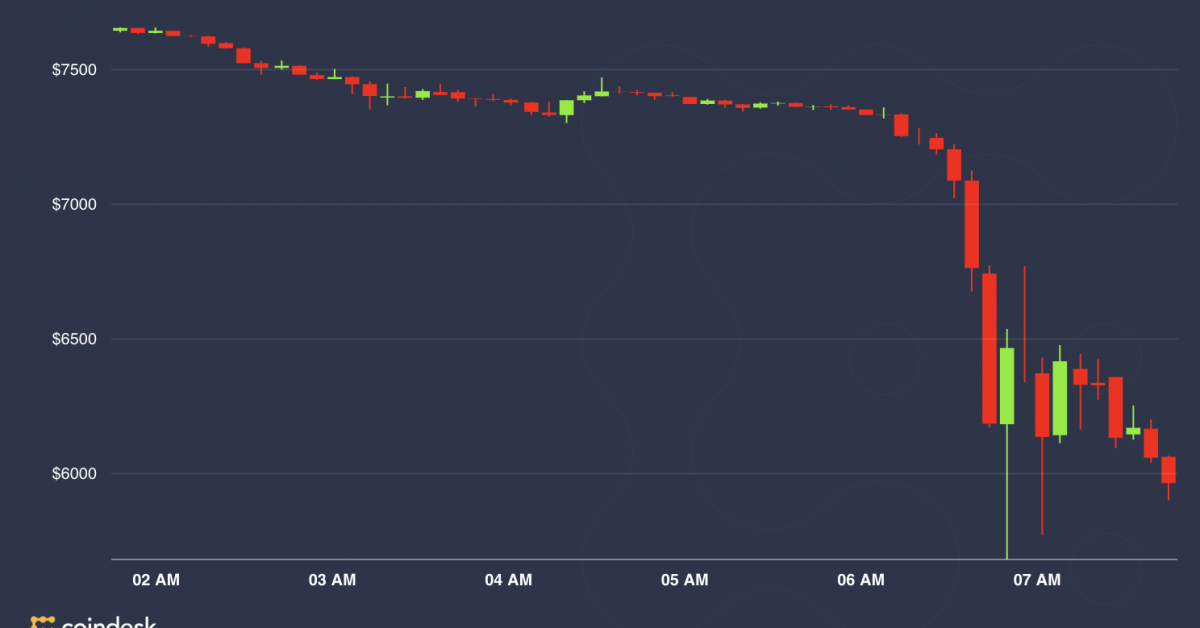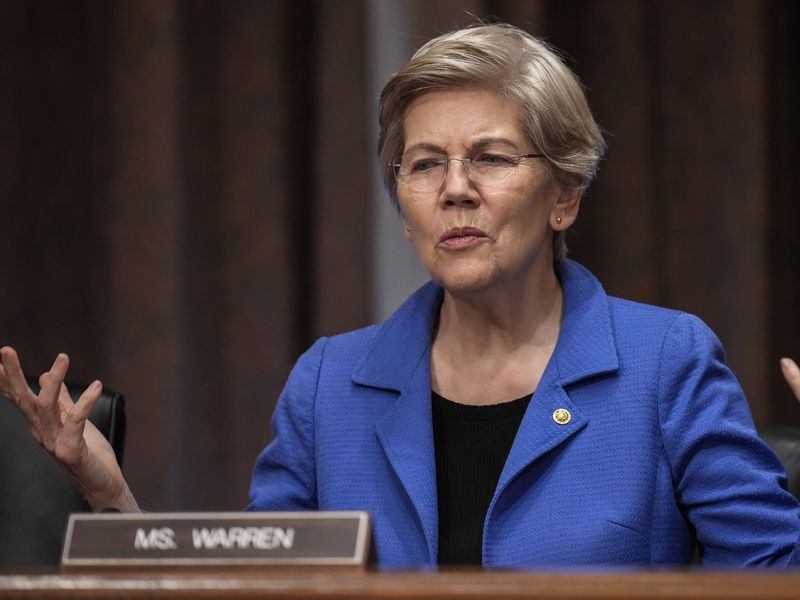Digital Pound Should Be Interoperable with Crypto, U.K. Lobbyists Say
Lobby groups and crypto companies in the U.K. are generally welcoming of the government’s plans for a digital pound, but some of them believe the currency should be interoperable with crypto in order to be suitable for the future.
The U.K. opened its plans for a digital pound for public comment in February, just as its neighbor, the European Union (EU), pushed ahead with plans for a digital euro. The U.K. government has proposed a “platform model,” where the Bank of England (BoE) would provide infrastructure for a central bank digital currency and allow private companies to integrate and provide wallets to connect to other services.
“A digital pound could bring a number of opportunities from potentially enhancing and improving our existing payment systems; providing an alternative to other forms of payment; and potentially spur further innovation across the sector,” Lisa Cameron, chair of the crypto and digital assets All Party Parliamentary Group said in a statement to CoinDesk.
Responses to the government’s plans are now coming in with the deadline for the consultation set to close on June 30. Crypto industry stakeholders are concerned about how users’ privacy will be preserved, and if a digital pound will be designed in an innovation-friendly manner. Others worry the BoE’s planned holding limits for a digital pound are insufficient.
The BoE has proposed a limit of 10,000 to 20,000 digital pounds per individual for at least the introductory period of the CBDC. The International Regulatory Strategy Group (IRGS) said it recognizes the need for the U.K. to stay competitive in the digital space but urged the government to consider a lower limit in its response to the BoE.
“The suggestion that limits could be removed after the introductory/transition period is very concerning, particularly given the magnitude of recent bank runs in other jurisdictions,” the IRGS said.
The concern that larger allowances for CBDC holdings would lead to a drain on bank deposits at critical times has been a point of debate among regulators. The EU, by comparison, is going for harder caps on digital euro holdings, while blocking programmability.
“The open infrastructure of the proposed digital pound could enable programmability or automatic transfers with the help of smart contracts should the government allow it,” said Kene Ezeji-Okoye, co-founder at U.K.-based blockchain infrastructure provider Millicent.
Smart contracts would not be hosted on the digital pound’s core ledger but could be accessed via an application program interface (API) layer, which would allow companies to connect with its CBDC, the digital pound working paper said. The BoE has already started testing API functionalities for the CBDC with the Bank for International Settlements (BIS), an umbrella group of global central banks.
The digital pound system might also enable offline payments though this could result in “complexities that affect system security and performance,” the BoE working paper said.
“We believe that the consideration of offline payment[s] should also be of the highest priority,” so that users are consistently able to access their funds, lobby group CryptoUK said in its response to the digital pound consultation.
However, a digital pound would be even more innovative and “future proof,” if it worked with crypto, Varun Paul, director for CBDC at institutional crypto custody platform Fireblocks told CoinDesk in a statement.
The digital pound working paper says the CBDC would be interoperable with cash and bank deposits.
“If the purpose is to ensure uniformity of money and protect privacy in a world of digital assets, then it will need to be able to work with the digital assets of the future, and it will need to be just as easy to use,” Paul said.
Paul said the U.K. central bank needs to develop a token-based solution that “is fit for the future.” The BIS recently shared a proposal for a unified ledger that could facilitate both tokenized assets and CBDCs that it said could enhance the global financial system, although it is uncertain if such a concept would be feasible in reality.
Lobby groups also said that they wanted the digital pound to be used globally.
“Though not in the bank’s near-term ambitions, a digital pound could one day unlock real-time and low-cost cross-border transactions directly from their users’ digital wallets, eliminating the need for intermediaries and reducing transaction fees,” Adam Jackson, policy advisor at Innovate Finance told CoinDesk in a statement.
In their responses to digital pound plans, stakeholders urged the government to take a cautious approach – particularly when it comes to ensuring privacy.
How privacy can be ensured with a digital pound has been something that has been debated by lawmakers. Five stakeholders CoinDesk spoke to, including CryptoUK and IRGS, said they agreed with the government’s proposal that the BoE should not have access to users’ personal data.
“I think that the model that the bank proposes respects the need for privacy and respects the fact that people don’t want the government and the central bank to be able to see their transactions,” Jannah Patchay, executive director of the digital pound foundation said.
Not everyone agrees that the government’s proposed approach to preserving privacy – by anonymizing payment messages instructing transfers on the core ledger – would be sufficient.
“Some members are not comfortable with the central bank being able to view even anonymized transactions/wallet balances,” Riccardo Tordera-Ricchi, head of policy at The Payments Association said in a statement. “Those that are skeptical of the central bank’s and the government’s motives might argue that advances in data analysis will allow such data to be interpreted and abused, perhaps through [a] combination with other data sources, including geolocation or tax and benefits data.”
A decision on the issuance of a digital pound is not expected until at least 2025, but should the government proceed to go ahead with this plan, “ensuring the public and consumers have sufficient understanding and trust in any future digital pound will be key to its success,” Cameron said.
Edited by Sandali Handagama.









